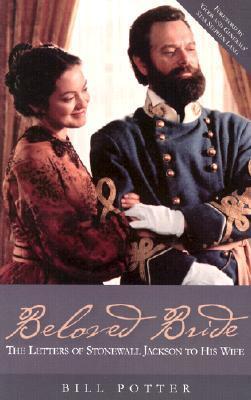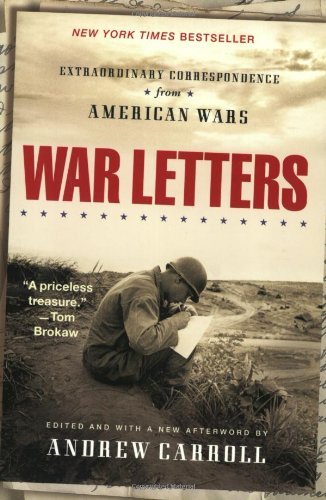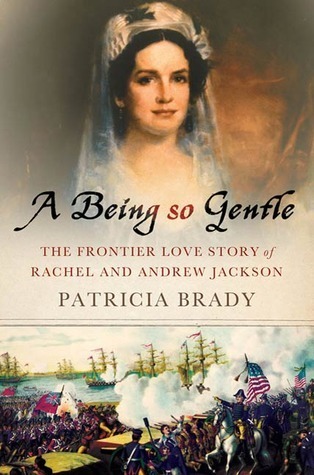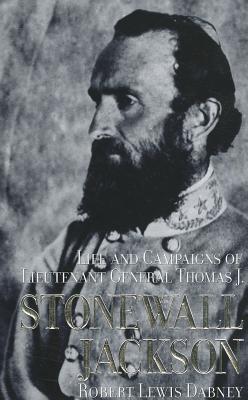
Beloved Bride: The Letters of Stonewall Jackson to His Wife
Book Description
Amid the thunder of war, one man's heart beats fiercely for the woman he loves. "Beloved Bride" unveils the intimate correspondence of Stonewall Jackson, the legendary Confederate general, as he shares his unyielding devotion to his wife, Mary Anna. Each letter pulses with longing, fear, and unwavering faith, painting a vivid portrait of a love that stands resilient against the chaos of battle. Experience the raw emotions, the haunting struggles, and the relentless hope of a soldier torn between duty and desire. What sacrifices must one make when love is tested by the crucible of war?
Quick Book Summary
"Beloved Bride: The Letters of Stonewall Jackson to His Wife" is a compelling collection that opens a window into the private life of Thomas "Stonewall" Jackson, the famed Confederate general. Through the deeply personal letters he wrote to his wife, Mary Anna, readers witness a man whose devotion to faith, country, and marriage transcends the horrors of war. The correspondence, carefully curated by editor Bill Potter, reveals Jackson's emotional struggles as he balances his sense of duty with longing for home and loved ones. The book not only illuminates Jackson's strength and convictions on the battlefield, but also gives voice to his tender affection and unwavering support for his wife. It is a story of love and sacrifice, set against the backdrop of the American Civil War.
Summary of Key Ideas
Table of Contents
Love and Devotion Amid War
Amid the chaos and uncertainty of the American Civil War, Stonewall Jackson’s letters to his wife, Mary Anna, provide an intimate glimpse into the heart of a man celebrated for his military prowess. The correspondence collected in "Beloved Bride" reveals not only the passion and longing that defined their marriage, but also the emotional toll exacted by long periods of separation. Jackson’s words are filled with endearments and quiet assurances, painting the picture of a marriage forged and strengthened under trial.
Faith as a Source of Strength
The foundation of Jackson’s endurance and optimism comes from his steadfast Christian faith. Time and again, his letters reference reliance on divine providence, shared prayers, and the importance of spiritual unity. Faith, for Jackson, is not merely a private solace—it is the cornerstone of his marriage and leadership. He frequently encourages Mary Anna to remain resolute in her beliefs, using scripture to lift her spirits and to frame the hardships they both endure as part of a larger, meaningful purpose.
Sacrifice and Separation
Central to the narrative is the theme of sacrifice. Jackson’s call to serve the Confederate cause means endless time apart from Mary Anna, a reality that brings both pain and pride to their relationship. The letters capture his conflicted heart: while his sense of duty is unwavering, he mourns each moment lost with his beloved. The poignancy of these sacrifices illuminates the human cost of war—a reminder that every soldier’s battlefields extend into the realm of the personal and emotional.
Intimacy Through Letter Writing
Letter writing becomes both a lifeline and a sanctuary for Jackson and his wife. These written exchanges allow them to nurture intimacy, share everyday experiences, and offer comfort despite distance. Jackson’s thoughtful and often poetic prose highlights the importance of communication, patience, and vulnerability. Through these letters, their love is not just preserved, but deepened, as they grapple with uncertainty and cling to hope for reunion.
Legacy of Character and Leadership
Through his words, Jackson’s character emerges as one of profound integrity, gentleness, and purpose. His letters reflect strong leadership not only in war but within his household, guiding Mary Anna and providing an emotional anchor. Potter’s curation reveals why Jackson’s legacy endures: he was more than a general—he was a man whose convictions, affection, and moral clarity inspired those around him and continue to move readers today.
Download This Summary
Get a free PDF of this summary instantly — no email required.





